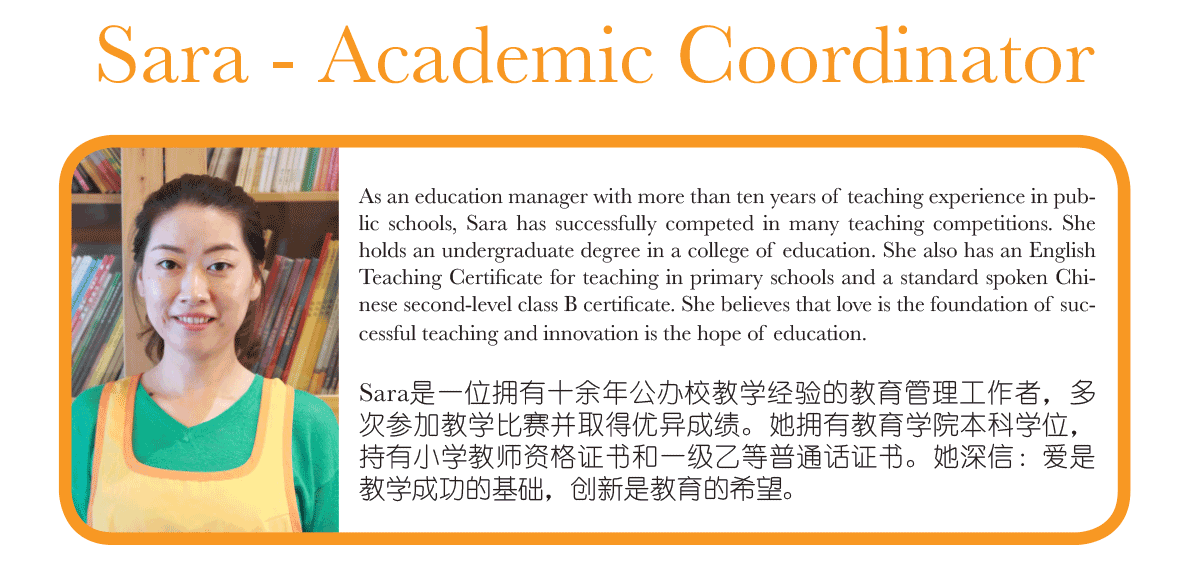
We know the importance of apologizing and teaching our children to say "I'm sorry", but they also need to know that apologizing is often just the beginning, and they need to take actions to correct what they have done wrong.

In some cases, children may need to take specific and direct actions, such as repairing damaged toys or replacing them with new ones, or helping with re-making.
You can also take other actions, such as drawing a picture for this person, doing a good deed, or writing a letter of apology.


The point is to help your children show love and regret by acting, to help show that they consider other people's feelings, and to help find ways to repair the rift.
To repair relationships genuinely, children must understand how others feel and why they feel sad.
Parents can also ask their children this question: "If something you treasure is broken, how can it make you feel better?"
Every effort to care about the feelings of others could create stronger connections in the interpersonal relationship.


You should break through a child's defense and have them bear responsibility willingly. This will help them understand the harm others have done, make efforts to reconnect, and develop their seventh sense.
Sometimes a sincere apology is enough: "I did it because I was jealous of you. I'm sorry."






 International Sunshine Home Arts & Sciences
International Sunshine Home Arts & Sciences